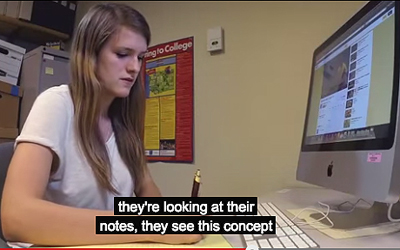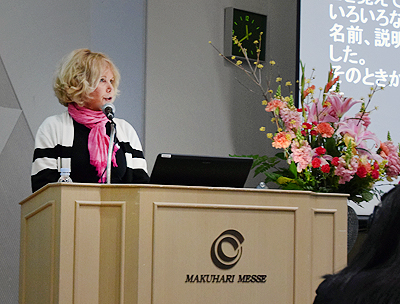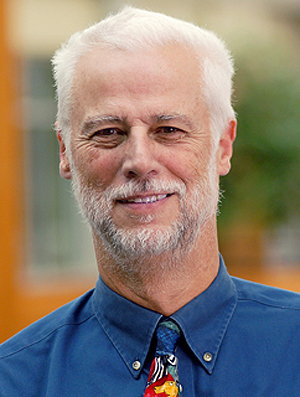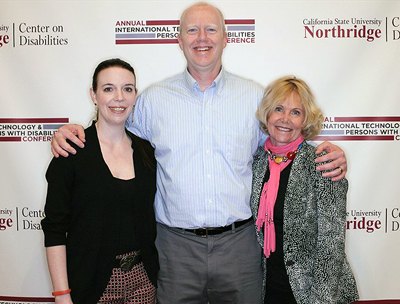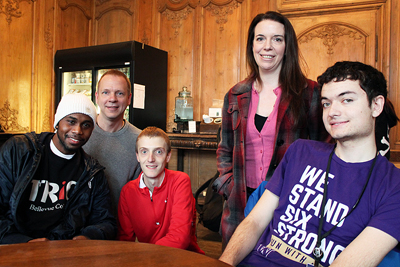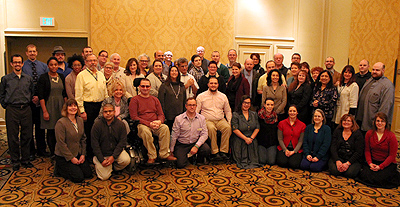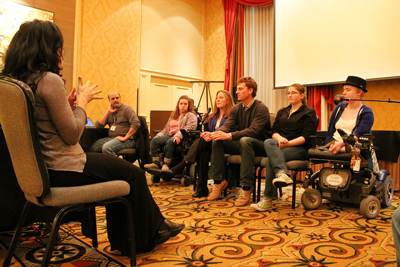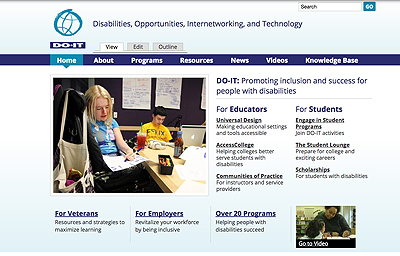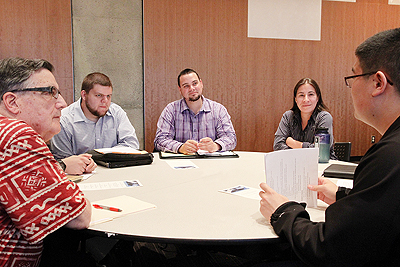Director's Digressions: Universal Design of Instruction in Higher Education
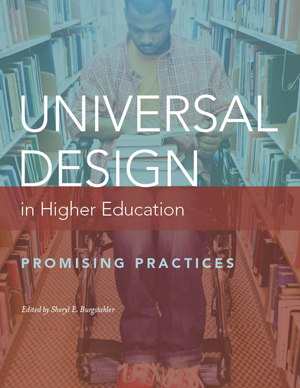
By Sheryl Burgstahler, DO-IT Director
The interest in applications of universal design (UD) to postsecondary education continues to grow, and it seems that everyone wants to make learning environments more welcoming and accessible to the entire student body. I constantly hear of exciting applications of UD; if shared and replicated by others, these practices could have a significant impact.
Towards this goal, DO-IT continues to promote our ever-expanding e-book of promising practices that complements the more general content in the printed book, Universal Design in Higher Education: From Principles to Practice, whose second edition, edited by DO-IT Director Sheryl Burgstahler, will be published by Harvard Education Press later this year. In Universal Design in Higher Education: Promising Practices, practitioners share promising practices related to the application of universal design in postsecondary education settings. The online publication is freely available online at www.washington.edu/doit/resources/events. It can be copied and distributed as a book or in part for noncommercial, educational purposes. The collection will continue to grow as more articles are submitted.
While you can contribute an article sharing a practice at any time, we will next update the collection with articles submitted for possible publication by the end of April. They may be submitted to udhecop@uw.edu and should share specific ways practitioners and researchers have applied universal design in postsecondary settings along with evidence of success. They are peer-reviewed by members of the Universal Design in Higher Education Community of Practice (udhecop@uw.edu), and, if accepted, edited by DO‑IT. Authors must agree to allow us to freely distribute their articles in the online book, but retain copyrights to their individual contributions. For author guidelines, consult the preface of the book at www.uw.edu/doit/universal-design-higher-education-promising-practices.
I look forward to you joining us in this collaborative work. Our efforts can contribute to broadening participation in education and careers through inclusive practices and enhancing academic and career fields with the talents and perspectives of individuals with disabilities.
